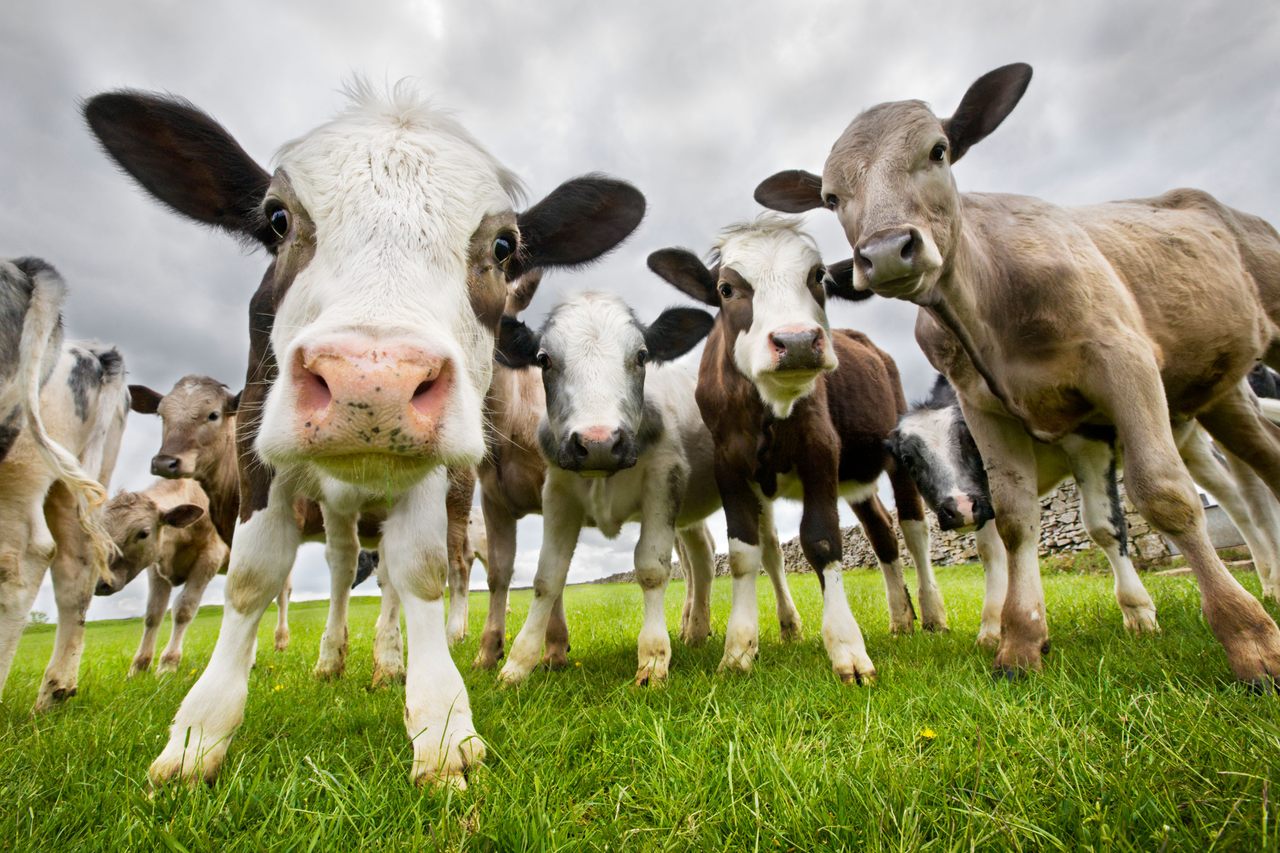An Irish farmer named Tom Campbell has discovered a unique way of utilizing the abundant energy his dairy farm produces for Bitcoin mining! The dairy farmer in Northern Ireland’s County Armagh develops renewable energy via anaerobic digestion.

Anaerobic digestion is a natural process that breaks down organic matter into biogas and nutrient-rich digestate in the absence of oxygen. Biogas produced through anaerobic digestion is burned to produce steam that powers a turbine, generating electricity.
Tom Campbell uses most of the electricity produced to run his farm. However, in a scenario with excess energy that cannot be transferred to the grid, the farmer uses it to mine Bitcoin. His farm generates almost 700 kW of electricity, powering approximately 12,000 households.
By 2030, the Irish government plans to have reduced greenhouse gas emissions by 25%. Ireland’s agricultural industry is a major contributor to these emissions, producing more than 35% of these emissions. Studies show that cows play a significant role in generating greenhouse gas emissions. Ireland has about 7.3 million cows, and its government is working actively to manage the waste from these cows in an eco-friendly manner.
If 41% of farms in the country adopt anaerobic digestion, there is a possibility that every household in Ireland would be supplied with enough electricity. In consideration of Ireland’s economy, Campbell’s strange idea is ingenious. Bitcoin miners can utilize abundant energy when the grid demand is low. The farmer can profit from Bitcoin mining by selling excess renewable electricity to the power grid.

What is the impact of Bitcoin mining on the environment?
Bitcoin mining is a highly energy-intensive process involving solving complex mathematical problems by using specialized hardware (ASICs) that require significant amounts of electricity to operate.
This energy consumption has led to concerns about the environmental impact of Bitcoin mining, particularly as the value and popularity of the cryptocurrency continue to grow.
According to some estimates, Bitcoin mining accounts for approximately 0.5% of global electricity consumption, roughly equivalent to Argentina’s electricity usage. As such, the energy consumption associated with Bitcoin mining has a significant environmental impact, contributing to greenhouse gas emissions and other forms of air pollution.
Tom Campell considered the negative impact of Bitcoin mining on the environment intentionally or unintentionally, and he started to use excess energy for the activity. Mining Bitcoin by using excess energy is a good idea for decreasing the negative side of the activity.
 Lifted A.
Lifted A.












